#selfdrivingcars
Self Driving Probably Won’t Improve Until Artificial Intelligence Does
Following yesterday’s article about the IIHS suggesting the implementation of driver-monitoring as a way to mitigate lackluster advanced driving systems, many readers asked why automated driving still seemed so far behind in terms of development. After all, we have had companies promising the sale of commercially viable autonomous vehicles for years. But companies are nearly half a decade behind schedule with a public that has almost completely lost faith in the program.
What happened?
Abandoned History: The Apple Electric Car Project, Rest in Peace (2014-2024)
After a decade-long project that saw changes in approach, multiple delays, staff changes, planning and replanning, and conflicting reports, Apple’s Titan autonomous electric car project is dead. The company made an internal announcement on February 27th, 2024 which leaked to the press immediately via several Apple employees. The project’s cancellation created our most recent Abandoned History subject matter to date. Let’s start at the beginning, in 2014.
Cruise Outsources Review of Regulatory Response
On Friday, Cruise confirmed that its board had hired an outside law firm and technology consultants after the California Department of Motor Vehicles suspended its driverless vehicle operations. While robotaxi services had started developing a bad reputation in the months leading up to the suspension, Cruise (owned by General Motors) only saw government action taken against it following a high-profile incident where one of its vehicles struck a pedestrian.
GM's Cruise Robotaxi Workaround Has First Responders Moving Wayward Autonomous Cars
Companies hoping to press autonomous vehicles into service on public roads have a long way to go to convince governments and local residents that everything will be fine, and the number of high-profile accidents in test cities isn’t helping. General Motors’ Cruise has been testing AVs in San Francisco for a while, but the company’s vehicles have been involved in a number of incidents with first responders, in which they block or delay rescue workers’ ability to help people. The company is looking at ways to improve the situation and recently penned a blog post to explain the path forward.
Cruise Robotaxi Drives Into Wet Cement, More Mishaps With Fire Trucks
The robotaxi situation in California continues to get more ridiculous after additional reports of autonomous test vehicles doing something incredibly stupid. One of the driverless Chevrolet Bolts operated by Cruise apparently drove through a construction zone last week, stranding itself in wet cement. This was followed by news of yet another unsavory encounter involving a Cruise AV and an emergency response vehicle just days later.
Saying the company is fighting an uphill public relations battle would be putting it mildly.
Cruise Ad Insults Human Drivers, Gets Criticized
Last week, General Motors published an advertisement for its Cruise autonomous vehicle company in The New York Times. The marketing effort makes the claim that “humans are terrible drivers” and has subsequently been chided by former NHTSA administrator and safety advocate Joan Claybrook.
The ad in question states that human drivers cause millions of accidents each year and asserts that “Cruise driverless cars are designed to save lives.” But Claybrook and the Advocates for Highway and Auto Safety are accusing GM of being overzealous with an untested product in addition to exercising some bad taste with its marketing materials.
U.S. Regulator Proposes Updated Rules for Autonomous Vehicles in Exchange for Data
The National Highway Traffic Safety Administration (NHTSA) proposed a new national program to update the regulations surrounding autonomous vehicles this week. Updated rules would presumably allow automakers to field more self-driving test vehicles on public roads than we’ve seen thus far in exchange for those companies sharing the data those cars collect with the government.
Due to the fact that any autonomous vehicle lacking human controls (e.g. steering wheels and pedals) have to be given exceptions from the Federal Motor Vehicle Safety Standards (FMVSS) to legally operate in populated areas, NHTSA leadership believes that having access to the data they’ve collected will be useful in informing decisions on how the rules could be changed. The claim is that the resulting information will help regulators update safety standards to incorporate self-driving vehicles. But it’s also going to be a privacy issue, as citizens have already expressed their dismay with automakers even considering sharing AV data with local authorities.
SF Residents Disable Autonomous Vehicles With Traffic Cones
San Francisco has become a hub for companies wanting to test autonomous vehicles thanks to its progressive leadership and proximity to Silicon Valley. But local residents have slowly been losing patience with the vehicles themselves as they’ve grown in number. While malfunctioning AVs are never popular with other drivers, allowing them to operate without a human safety driver has resulted in rolling reports of vehicles clogging up traffic.
Self-driving test mules are programmed to exercise the maximum amount of caution whenever they’re uncertain of how to progress. This has resulted in traffic jams that are infuriating the locals. But it has also made them incredibly easy to defeat, with activist groups leveraging their circumspect behavior to disable them by placing a traffic cone on the hood.
U.S. Drivers Seriously Starting to Sour on Autonomous Vehicles
Despite some of the world’s largest automakers promising commercially viable self-driving cars by 2020, autonomous vehicles have yet to manifest in any serious capacity. Granted, advanced driving aids have begun to usurp some amount of control from the driver. But they aren’t quite what was envisioned by the industry when everyone was a lot more optimistic about the technologies involved. This may also be true of consumers, who seem to have soured on the general premise of autonomous vehicles as they’ve started to learn all that might entail.



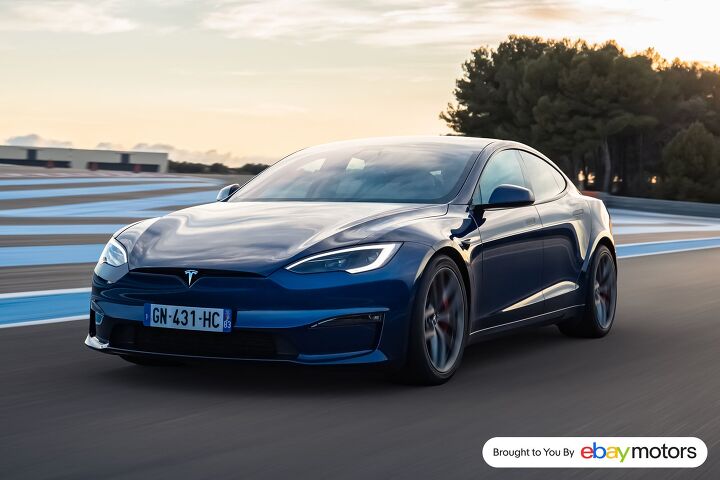
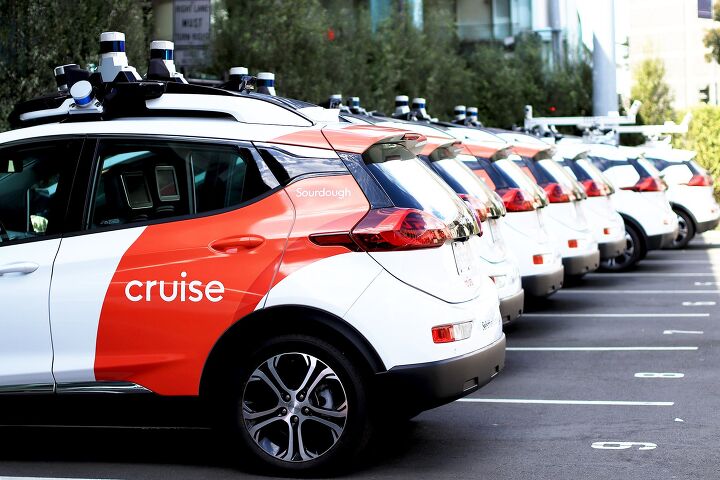
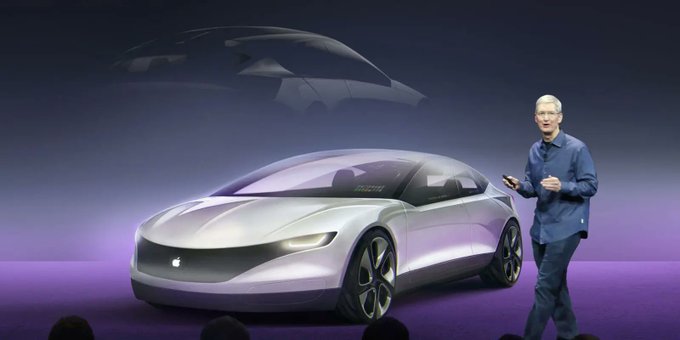

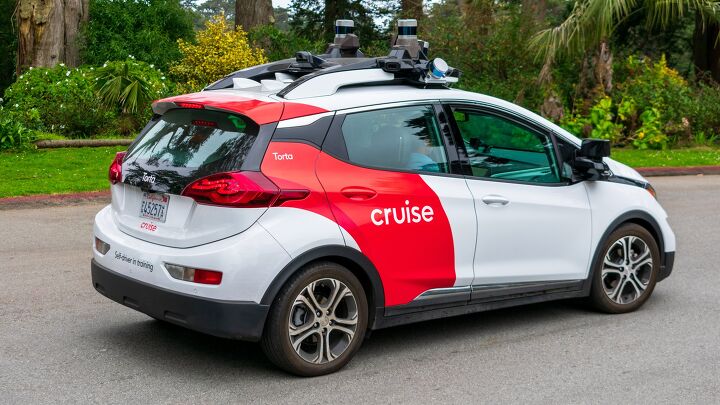

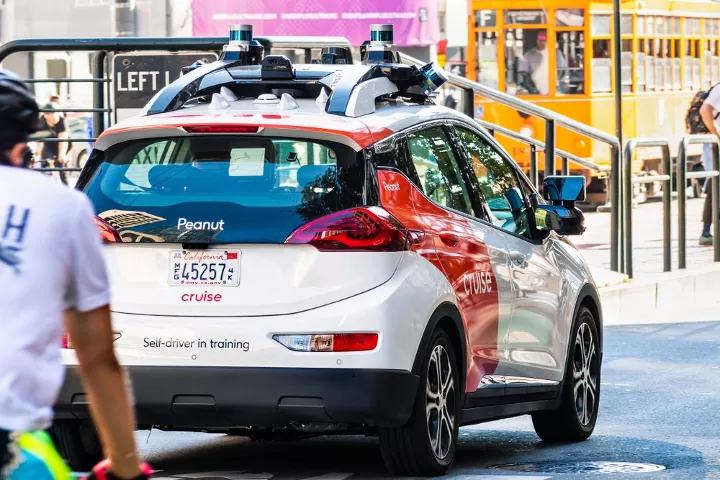
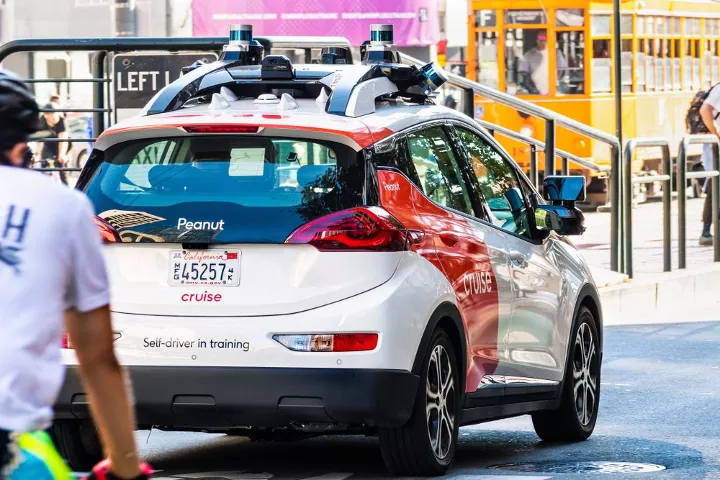
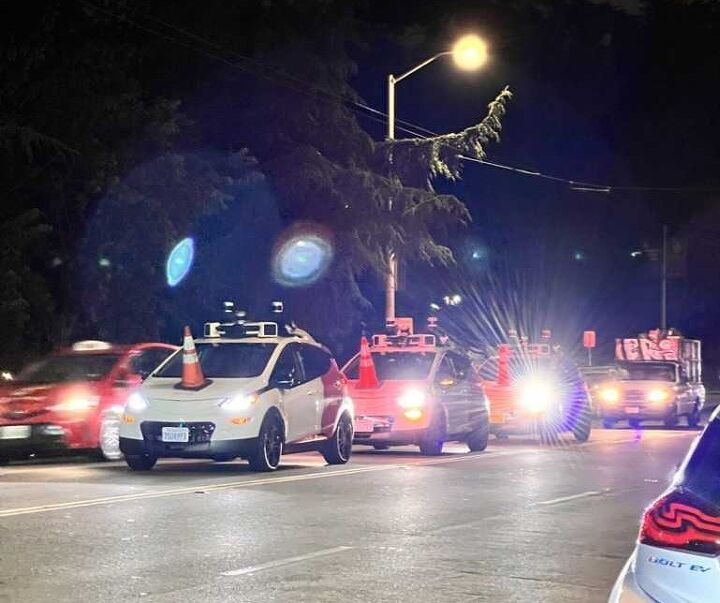
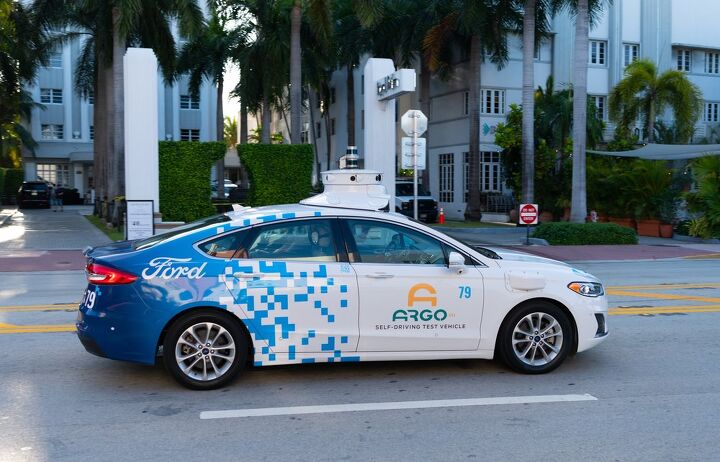












Recent Comments